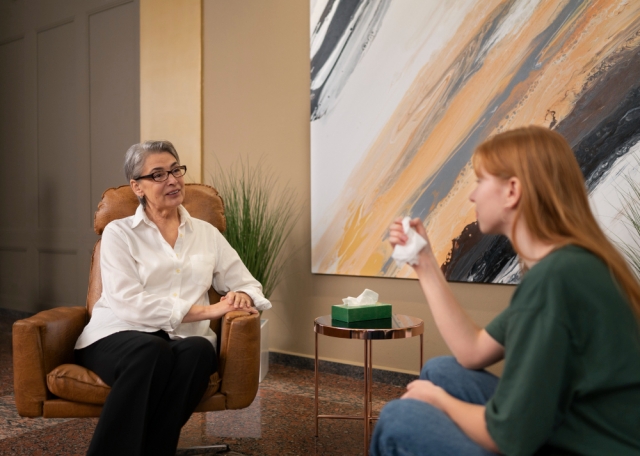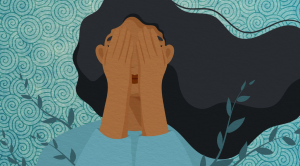The addiction treatment landscape is experiencing a profound shift. While evidence-based medical interventions remain the foundation of quality care, leading rehabilitation centers are increasingly integrating holistic and alternative therapies that address the whole person—mind, body, and spirit. What was once dismissed as "complementary" or "nice to have" is now backed by compelling research showing these modalities significantly improve long-term recovery outcomes.
The numbers tell a striking story. Recent studies indicate that patients who participate in holistic therapy programs alongside traditional treatment show up to 40% better retention rates and report higher satisfaction with their recovery journey. More importantly, they're staying sober longer.
The Science Behind the Shift
Neuroscience has revealed what holistic practitioners have long understood: addiction isn't just a chemical dependency—it's a complex interplay of trauma, stress, physical health, and disconnection from self. Traditional talk therapy and medication management address crucial aspects of recovery, but they often miss the somatic component where trauma and stress live in the body.
Dr. Sarah Chen, an addiction psychiatrist who has studied integrative treatment models, explains: "We're learning that you can't just think your way out of addiction. The body keeps the score. Therapies like yoga, acupuncture, and equine therapy access parts of the nervous system that conventional talk therapy simply can't reach."
What Holistic Treatment Actually Looks Like
Progressive facilities like Seasons in Malibu have pioneered comprehensive programs that weave alternative therapies throughout the recovery process rather than treating them as optional add-ons. Their approach recognizes that different modalities work for different people, and personalization is key.
Acupuncture, for instance, has shown remarkable results in reducing cravings and withdrawal symptoms. The practice helps regulate dopamine production and supports the body's natural ability to restore balance. Many patients report that weekly acupuncture sessions provide a sense of calm they haven't experienced in years.
Yoga and meditation have moved from the fringes to the mainstream of addiction treatment. These practices teach clients to sit with discomfort without reaching for substances—a skill that proves invaluable in early recovery. The mindfulness component helps people recognize triggers before they become overwhelming, creating that crucial pause between impulse and action.
Adventure therapy and nature immersion are gaining particular traction. There's something about rock climbing, hiking, or ocean activities that builds confidence and creates positive associations with natural endorphins. Patients discover they can achieve altered states of consciousness—feelings of peace, accomplishment, and connection—without substances.
The Equine Therapy Breakthrough
Perhaps no alternative therapy has generated more buzz than equine-assisted therapy. Working with horses requires presence, emotional regulation, and non-verbal communication—exactly the skills that addiction often erodes. Horses respond to a person's emotional state with uncanny accuracy, providing immediate feedback that helps clients recognize patterns they've been blind to.
"Horses don't care about your story or your excuses," says Marcus Thompson, an equine therapist working in addiction recovery. "They respond to who you're being in the moment. That level of honesty is incredibly therapeutic."
Nutrition and Physical Restoration
The role of nutrition in recovery is finally getting the attention it deserves. Years of substance abuse wreak havoc on the body—depleting essential nutrients, damaging gut health, and disrupting hormonal balance. Holistic programs incorporate nutritional counseling, cooking classes, and meal planning that support brain healing and mood stabilization.
Exercise programs tailored to individual fitness levels help restore physical health while providing structure and natural mood elevation. The endorphin release from regular exercise can be particularly powerful for people whose reward systems have been hijacked by substances.
The Integration Challenge
The key word is integration. Alternative therapies aren't replacing evidence-based treatment—they're enhancing it. The most successful programs combine medical detox, individual and group therapy, medication-assisted treatment when appropriate, and holistic modalities in a cohesive treatment plan.
Seasons in Malibu exemplifies this integrated approach, offering clients access to everything from acupuncture and massage therapy to art therapy and guided meditation, all within a structured clinical framework that includes psychiatric care and licensed counseling.
Looking Forward
As we move further into 2025, the distinction between "traditional" and "alternative" treatment is blurring. Insurance companies are beginning to recognize the value of holistic approaches, and accreditation bodies are updating standards to reflect this evolution.
For people seeking treatment, this shift means more options and better outcomes. Recovery is no longer one-size-fits-all. It's personalized, compassionate, and increasingly effective at addressing the root causes of addiction rather than just the symptoms.
The future of addiction treatment isn't choosing between conventional medicine and holistic care—it's embracing both.






